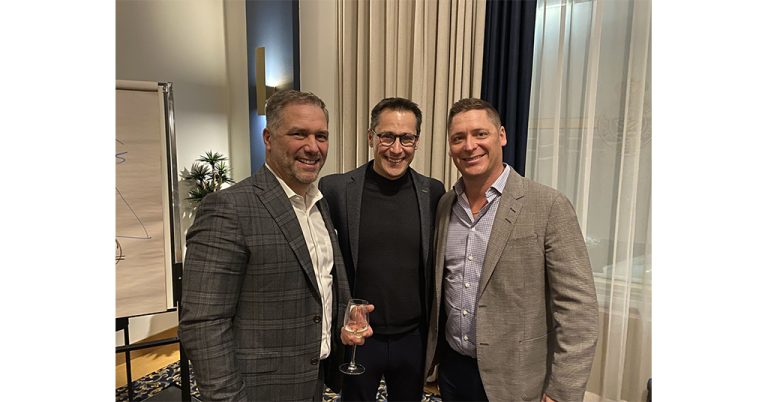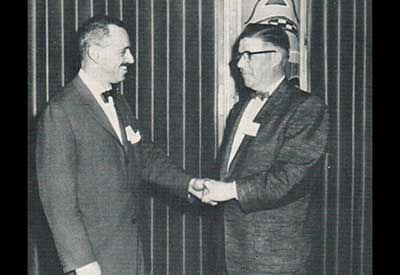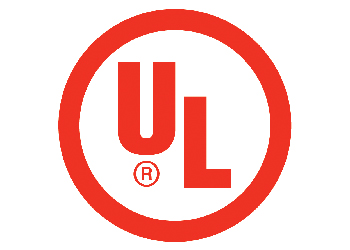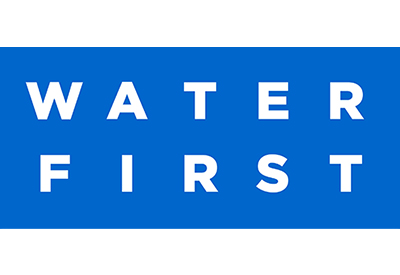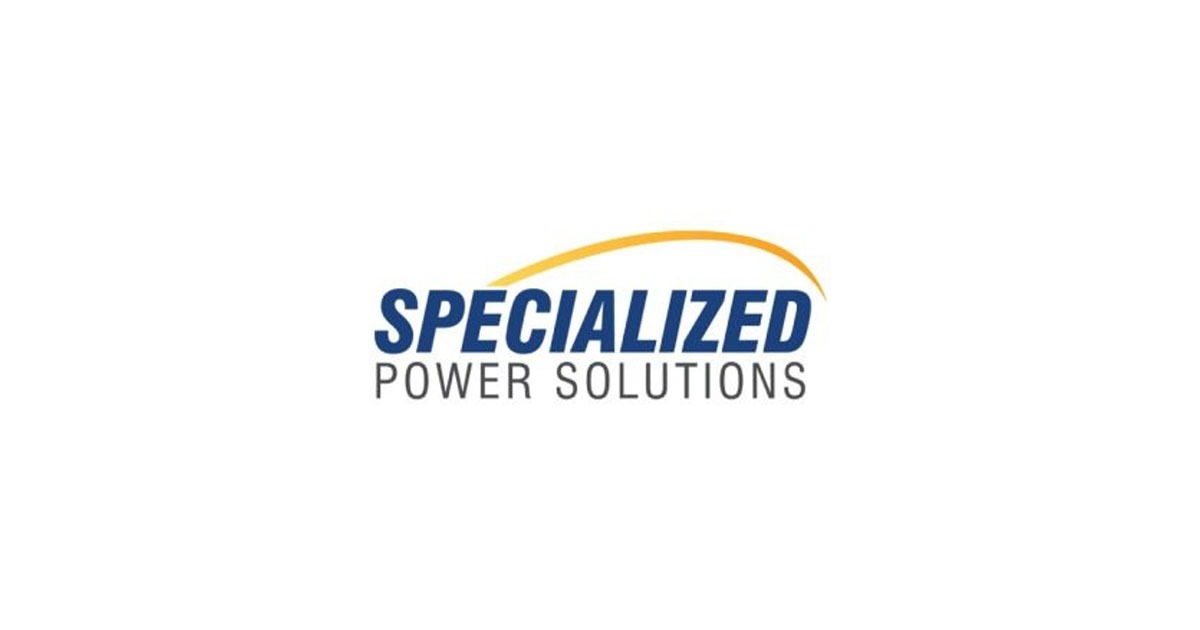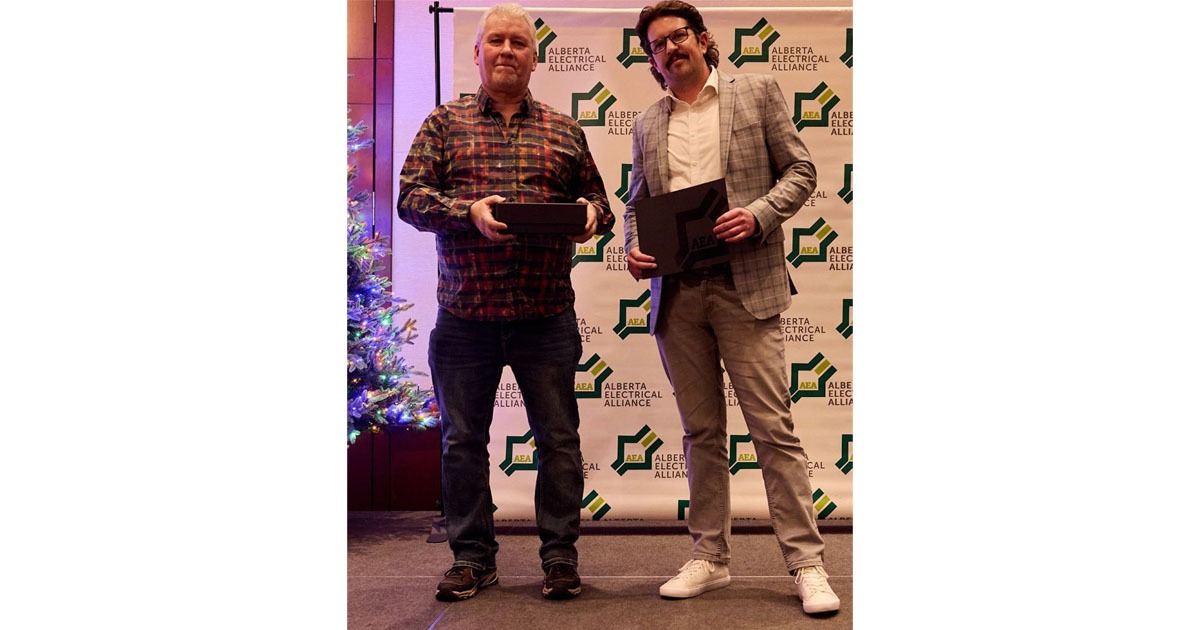VMI (Vendor Managed Inventory) Today and the Future: A Distributor’s Perspective
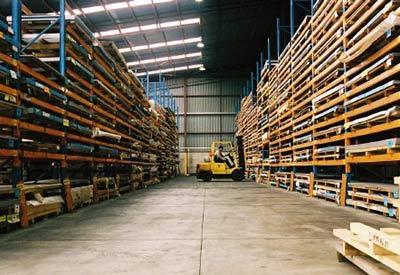
Vendor managed inventory (VMI): A means of optimizing supply chain performance in which the distributor is responsible for maintaining the end user’s inventory levels. The end user has access to the distributor’s inventory data and is responsible for generating purchase orders.
Under the typical business model: When an end user needs product, they place an order against a distributor. The end user is in total control of the timing and size of the order being placed. The distributor maintains the inventory and ships the products from its location.
Vendor managed inventory model: First the distributor places inventory at the end user’s location. The distributor receives electronic data (usually via EDI or the internet) that indicates the end user’s sales and stock levels. The distributor is responsible for creating and maintaining the inventory plan. Under VMI, the end user generates the order, and the distributor is billed when the end user uses the products from the “In Plant Store Room.”
As a symbiotic relationship, VMI makes it less likely that a production line will unintentionally stop because of out of stock of a certain product.
One of the keys to making VMI programs work is shared risk. In some cases, the end user is responsible for the inventory in its “In Plant Store” and sometimes the distributor will retain the responsibility on this inventory, depending on the written agreement. Both work.
The electrical and electronic industry has been using VMI models for over 50 years. I first became involved when one of my distributors that serviced the automotive market place asked for participation back in the late ’70s.
The program was basic in today’s terms. No bar coding, no computers, just a fenced off area in the plant with shelves of products. Items were counted every Friday afternoon and billed and new orders were placed with the distributor. The program worked. The distributor was pleased with the profits and long-lasting relationship with the end user, plus the fact no other local distributor was able to secure this business.
Since that first encounter, the programs have been used in almost every market segment and the use on computers, bar coding and the Internet have made the system paperless and faster.
For a short period of time, the introduction of vending machines on the plant floor reduced in-plant delivery time. This was a huge “just–in-time” development in the late ’80 early ’90s. However, the human element is still required no matter what VMI model is being implemented.
If the program is large enough, I have seen distributor employees located at the end user place of business to support customer service and provide technical assistance.
VMI program popularity has grown greatly in the last 10 years. I was completing a project concerning an acquisition of a distributor and learned to my surprise this distributor had over 50 VMI program/contracts for the last few years. I knew this distributor had a few large programs, but not 50 across his trading area. In addition, I have seen the use of 18-wheel trailers used for a contractor VMI program when the construction site was in remote areas.
I know VMI programs are not for all distributors because the markets they currently serve, but I will say that I have seen the programs being used in more markets in the last few years.
Bottom line: If you want a long-lasting relationship with your end users that has future growth opportunities, discuss the possibility of a VMI program.
Paul Eitmant is President and CEO of IP Group International, which serves the needs of business-to-business enterprises in over 30 countries worldwide by adding specialized expertise to the business planning and implementation process; Tel: 480.488.5646; paulipgroup@cox.net.

